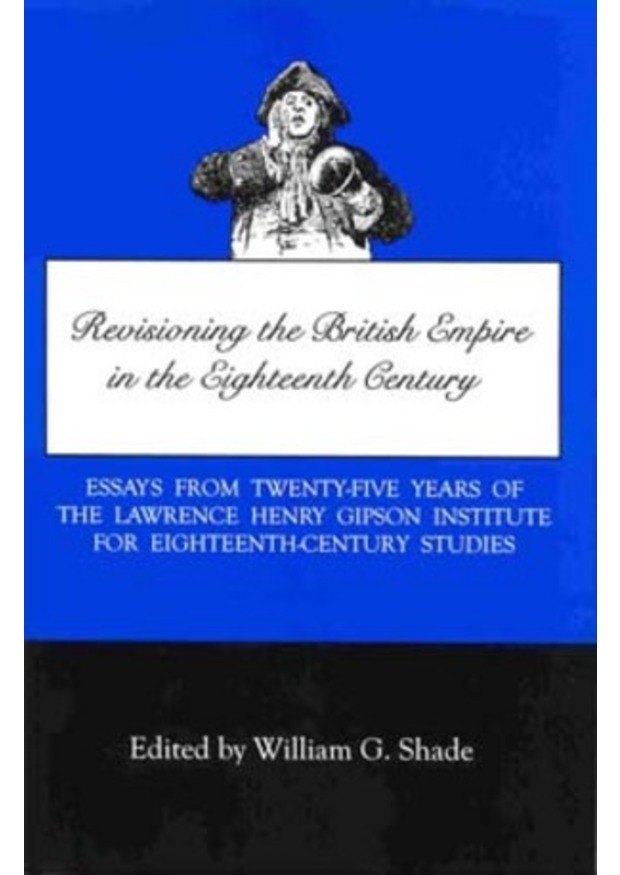Essays from Twenty-Five Years of the Lawrence Henry Gipson Institute for Eighteenth-Century Studies
This volume offers eleven essays on colonial British North America and the American Revolution, the field of interest that occupied Lawrence Henry Gipson, the great student of the British Empire and Pulitzer Prize winner.
The essays were chosen from sixty lectures given at yearly symposia during the first quarter-century of the Lawrence Henry Gipson Institute for Eighteenth-Century Studies at Lehigh University. They represent the work of some of the major scholars in the field in the last half of the twentieth century.
The editor's introduction details Gipson's legacy both materially and intellectually, and it relates the essays that follow to the work of Professor Gipson.
Part 1 of this collection includes essays on aspects of the American Revolution that reflect Gipson's interests, although the authors sometimes take issue with his interpretations. Discussed here are the Seven Years' War in Pennsylvania; the ideas of Benjamin Franklin, Thomas Paine, and Edmund Burke on the nature of the British Empire; Thomas Jefferson and the thought of the Enlightenment; and the political ideas of one of the least studied of the Founding Fathers, John Jay.
Essays in part 2 deal with social history, expanding greatly on areas to which Gipson alluded but did not study in detail. These discussions include cultural retention among West Indian slaves; standard views of religious life in early Virginia; relations between American Indians and whites; and the impact of the Revolution on women.
The final two essays make up part 3 and extend far beyond Gipson's focus, replacing the eighteenth century and the Revolution into the large project of defining American culture.
Taken together, these essays reflect the ways in which historians writing since Gipson have followed his own dedication to craft and example of meticulous scholarship to expand our understanding of Gipson's "spacious empire."













